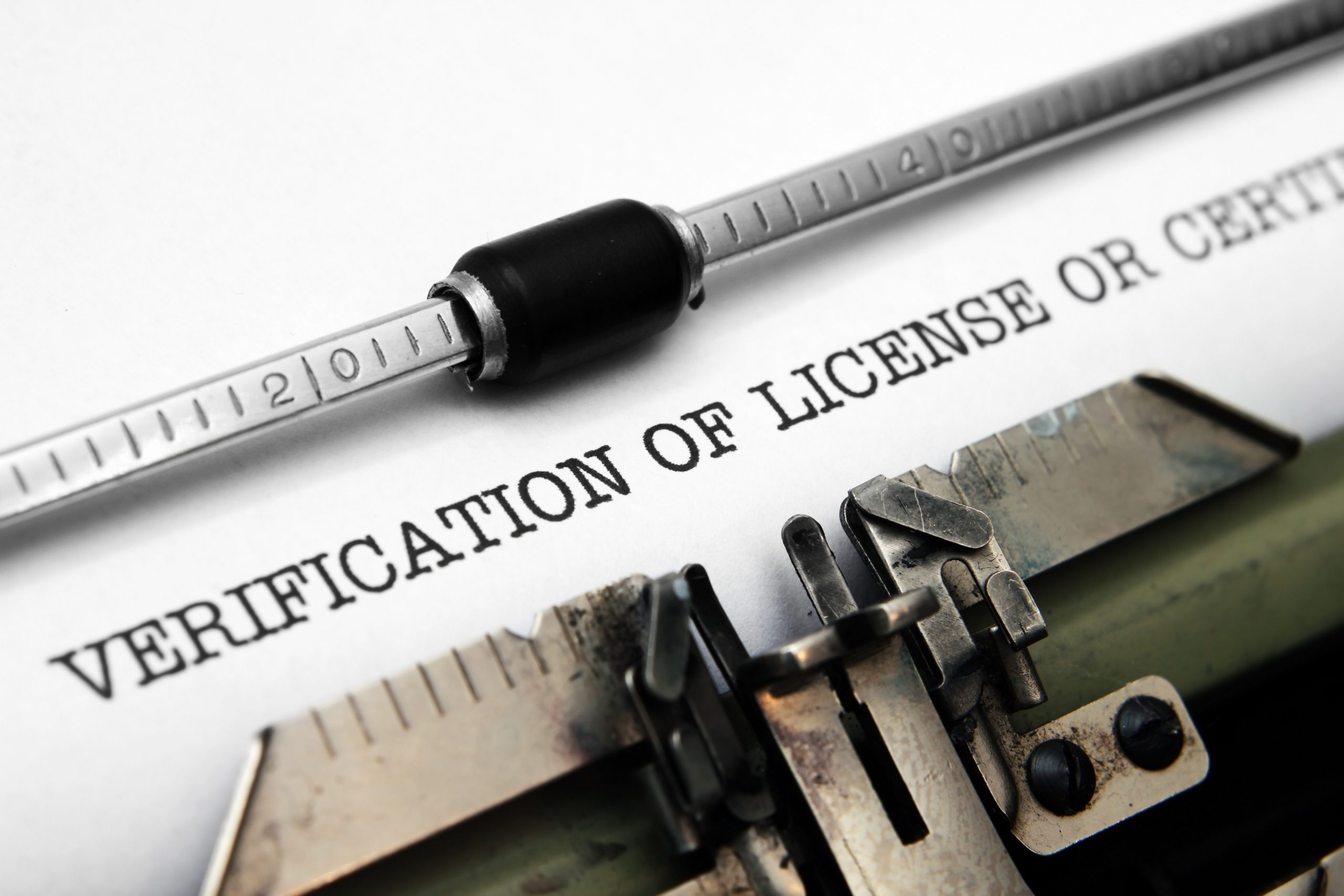The Petty Tyranny of License Laws

Gun control in America is a perpetual debate. From Gun Confiscation Orders (i.e. Red Flag Laws), a national registry (i.e. universal background checks), prohibitions on standard-capacity magazines, age restrictions, licensing, and prohibitions on where a person may carry a firearm, governments at all levels are constantly attempting to reinterpret our Second Amendment rights.
Americans are expected to take these arguments at face value; that they are intended to keep us safe. But in reality, these laws are methods to control not the weapon, but the individual.
This became obvious recently in both the tone and severity of the response surrounding Kyle Rittenhouse, the teenager charged with fatally shooting two people amid the riots in Kenosha, Wisconsin. Rittenhouse and his lawyer say he shot in self-defense. But the narrative in both mainstream and social media has prejudged his guilt: the young Rittenhouse is a racist who wasn’t able to legally carry a firearm and acted on a premeditated plan to kill. He even crossed state lines to do it.
The debate’s framing is instructive, however. Rather than grappling with why the riots were allowed to go on in the first place, it focuses exclusively on whether or not Rittenhouse had broken any gun laws. Those opposed to what Rittenhouse had done tried to damage him in the court of public opinion by claiming he had broken some laws pertaining to the possession of firearms. But what they were really saying is, because the state of Wisconsin had not given Rittenhouse a license to carry a firearm to defend himself, he must be in the wrong.
Licenses are a way for the state to decide which rights a person can exercise and which ones they cannot. When a government has the power to approve or deny a right, the citizen immediately loses the upper hand to that government.
The 2020 pandemic caused by the Chinese coronavirus is the most current and pressing example of how a government powerful enough to permit you to exercise a right is powerful enough to take that right away. This power is felt acutely as state governments seek to compel individual behavior by leveraging their powers over licensing.
Licensing laws are supposed to keep business owners accountable for the products they sell and ensure that the states and federal government take their share of the businesses’ profits in taxes. The Chinese coronavirus, however, has given state governors leeway to invoke the power of the state against otherwise lawfully operating business.
In Texas, the Department of Licensing and Regulation considered penalizing businesses that defied the statewide order to remain closed. Fortunately, the department dropped those cases, but only after Texas Governor Greg Abbott intervened because of a national outcry by the GOP.
The governor amended his order, but not before it was used to jail Shelley Luther, who reopened her salon in defiance of the governor’s orders.
The Texas licensing law was sold—like all licensing laws—as a way to protect innocent people from bad actors. The people of Texas and their legislators could not have foreseen the licensing laws would be used in this way.
Similar threats have been made by other governors, with the same message: reopening a business without government permission could result in losing a business license. Without a license, a business cannot legally operate.
In Pennsylvania, Democrat Governor Tom Wolf said counties that do not follow his executive orders could lose liquor licenses and other certifications.
In Michigan, Democrat Governor Gretchen Whitmer implied that business owners who defy her executive orders will lose their state-granted license to operate. “Most businesses in the state have a license that is granted by the state”, she said. She justified this threat by claiming that staying open was putting people at risk.
This brings us back to the moments after the young Kyle Rittenhouse used defensive force against three grown, male attackers and likely prevented dozens of other rioters from injuring or killing him.
Many of the public detractors focused on whether he violated any licensing law in possessing the firearm. This deflects from the truth that Rittenhouse saved his own life from a violent mob, with a firearm, when the state wasn’t there to protect him.
Requiring licenses for firearms may sound like a way to keep dangerous individuals from acquiring means to do harm to the innocent. But, as we have seen in the case of the coronavirus lockdowns and the case of Kyle Rittenhouse, licenses are a way for governments to tyrannize us when we are at our most vulnerable.
Obtaining a firearm in 2020, a little more than a month before a presidential election, means long waits that are doubling time from purchase to possession of the firearm. In Washington, D.C. the wait is over a month to acquire a firearm after purchase.
The lessons are clear from the Rittenhouse trial and actions of governors during the Chinese coronavirus crisis. When the state asks for new powers, it is under the guise of furthering a public interest. But as we have seen, laws that appear mundane can be used to oppress Americans for otherwise legal, normal, and even ethical activities. We must also scrutinize the details of all proposed legislation. Laws must be carefully circumscribed to ensure that a future legislature, governor, or president cannot read into the law more than the drafters of that law intended. Laws must be narrow and specific. Otherwise the state will abuse these laws, and abuse us, during the next time of crisis.
Phil Reboli is a former Senate aide and the Director of Government Affairs at the Conservative Partnership Institute.
Comments